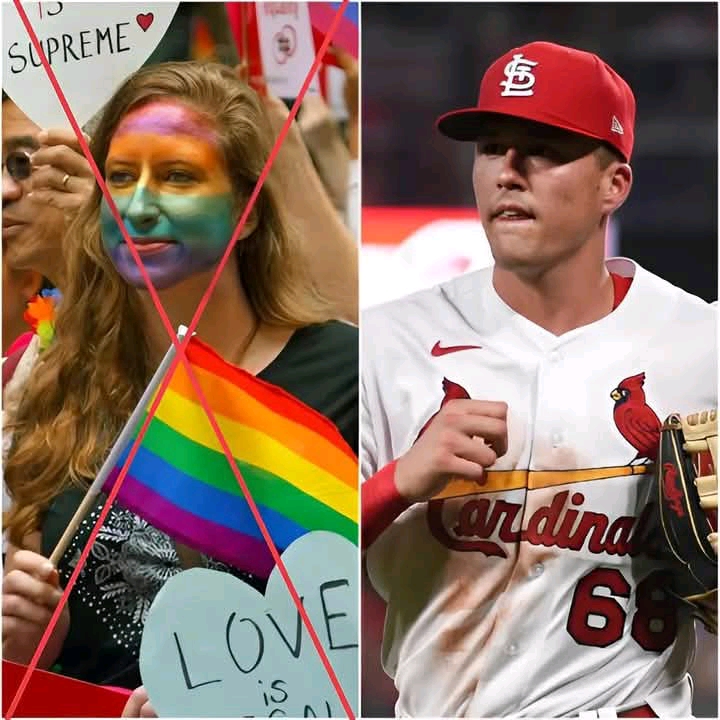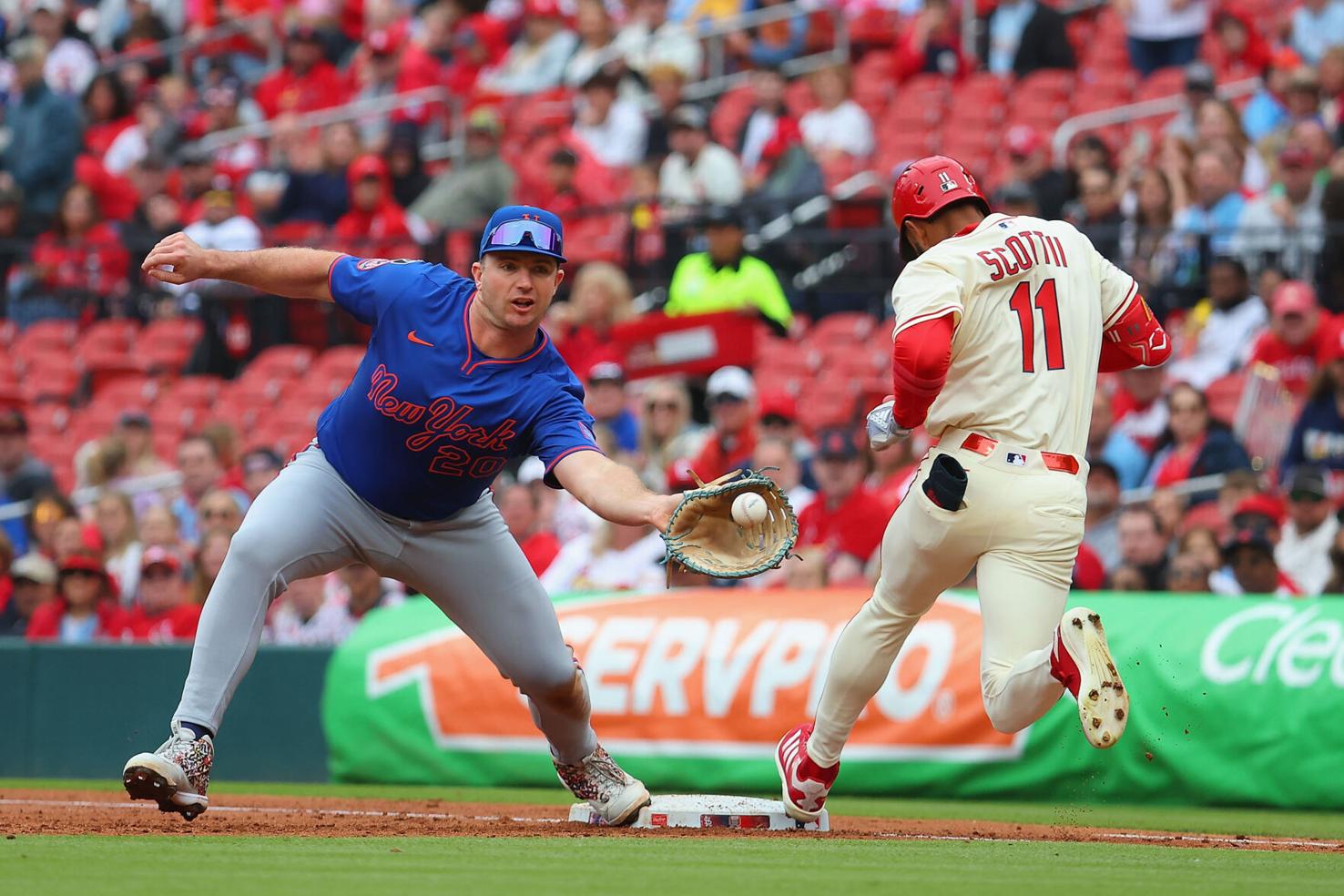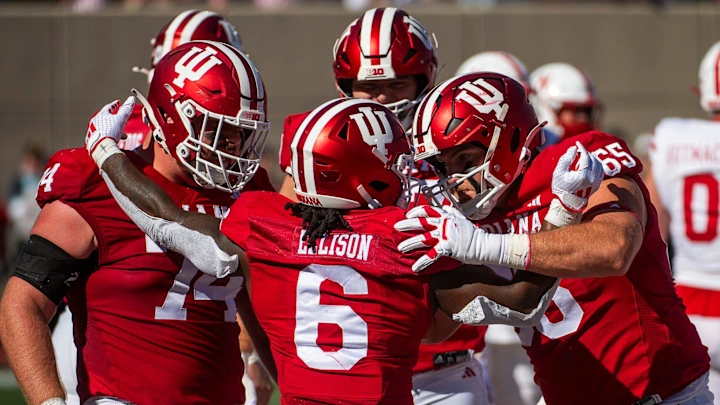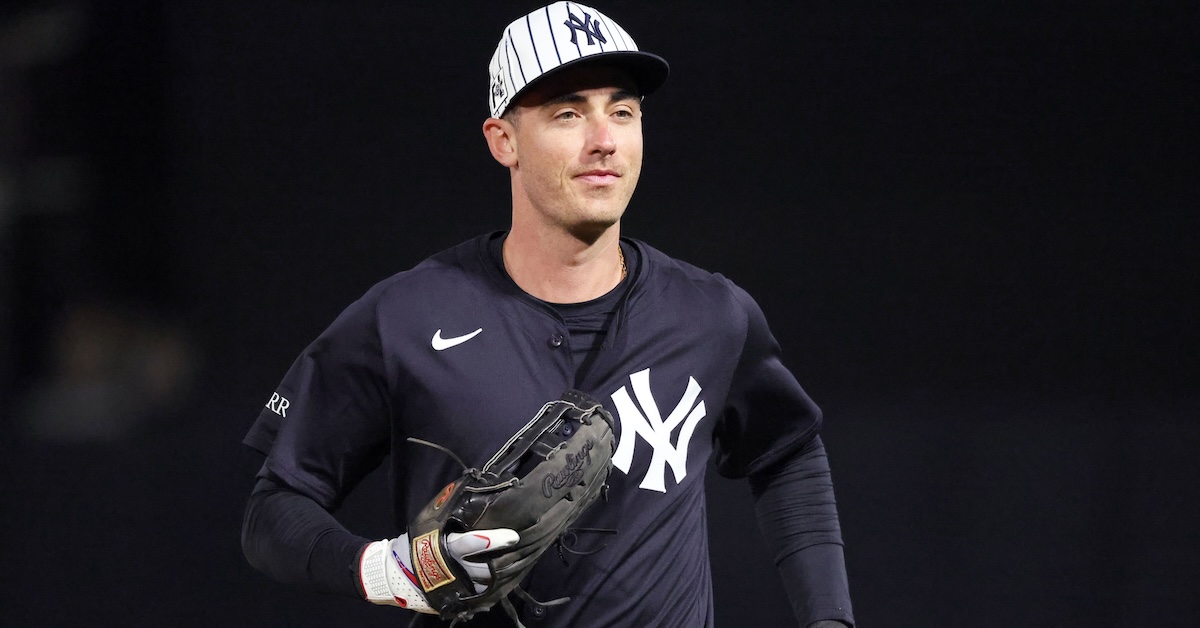BREAKING: Lars Nootbaar Declares He Will Not Recognize Pride Month in June — Calls “Woke” Culture Unworthy of Celebration
In a decision stirring widespread discussion and controversy, MLB player Lars Nootbaar has publicly announced that he will not be observing Pride Month this June. The statement has drawn a wide array of responses from fans, fellow athletes, and users across social media. Known for his outspoken nature, the St. Louis Cardinals outfielder has now found himself at the center of a passionate cultural debate.
Taking a Stand Against “Woke Culture”
Nootbaar issued a strong critique of what he described as “woke culture,” stating that it no longer aligns with society’s foundational values. He argued that Pride Month—typically recognized in June to celebrate the LGBTQ+ community and advocate for equality—has become politicized and has deviated from its original mission.
“Woke culture shouldn’t be celebrated. It’s become more about virtue signaling than about genuine progress,” Nootbaar stated. “We should be emphasizing individual accomplishments and authentic inclusivity—not appeasing a particular agenda.” His comments made clear that he views the current direction of social activism as divisive rather than unifying.
Public Reaction and Online Backlash
Nootbaar’s decision not to partake in Pride Month observances has led to strong criticism, particularly across social media platforms. Many LGBTQ+ advocates and allies have condemned his stance, labeling it as offensive and harmful. They stress that Pride Month is a vital moment to spotlight the challenges LGBTQ+ individuals face and to push for broader social acceptance.
One Twitter user commented, “Lars Nootbaar seems to miss the point of Pride Month. It’s not about a political agenda—it’s about fundamental human rights and love. It’s disheartening to see him oppose that.”
Critics have also emphasized Nootbaar’s status as a public figure, pointing out that his refusal to support Pride Month could reinforce damaging stereotypes and alienate fans who once looked up to him.
Support for His Viewpoint: Upholding Individual Beliefs
Conversely, some have applauded Nootbaar’s stance, viewing it as a pushback against what they see as the over-politicization of modern social causes. Supporters argue that Pride Month has turned into a display of corporate posturing rather than a platform for real, lasting change.
Among these supporters, Nootbaar is seen as defending his personal convictions—emphasizing the right of individuals to choose which causes they support without societal pressure. They believe commemorative events like Pride Month should be left to personal discretion, not enforced social norms.
One supporter wrote, “Even if I don’t agree with him, I respect Lars for being true to himself. Everyone’s entitled to their opinions, and that should be respected.”
The Broader Conversation: Pride, Activism, and Celebrity Influence
Nootbaar’s announcement ties into a broader debate surrounding celebrities’ roles in activism. While many public figures openly support social causes, others resist the pressure to conform to current trends or political narratives. Critics of modern activism argue that initiatives like Pride Month have become symbolic rather than impactful, distancing themselves from the movements’ foundational goals.
This tension between individual liberty and collective action continues to shape public discourse. Over recent years, numerous celebrities have faced scrutiny for choosing to speak up—or choosing not to—on major social topics. The divide is growing between those who believe in vocal advocacy and those skeptical of performative gestures.
Looking Ahead: The Evolving Conversation Around Pride Month
As Lars Nootbaar’s comments continue to generate buzz, it’s evident that the conversation surrounding Pride Month and social responsibility is far from over. Whether or not his position will influence how other public figures engage with LGBTQ+ issues remains to be seen. What is clear is that debates over Pride, activism, and “woke” culture will continue to evolve.
Nootbaar’s stance underscores the ongoing clash between personal freedom and societal ideals. As polarization increases, the challenge remains: how to foster genuine inclusivity while acknowledging a spectrum of perspectives. His refusal to participate in Pride Month may either spark further discussion or deepen the cultural divide.
Ultimately, his statement highlights that the dialogue around social movements and individual beliefs is still unfolding—and unlikely to be resolved any time soon.



